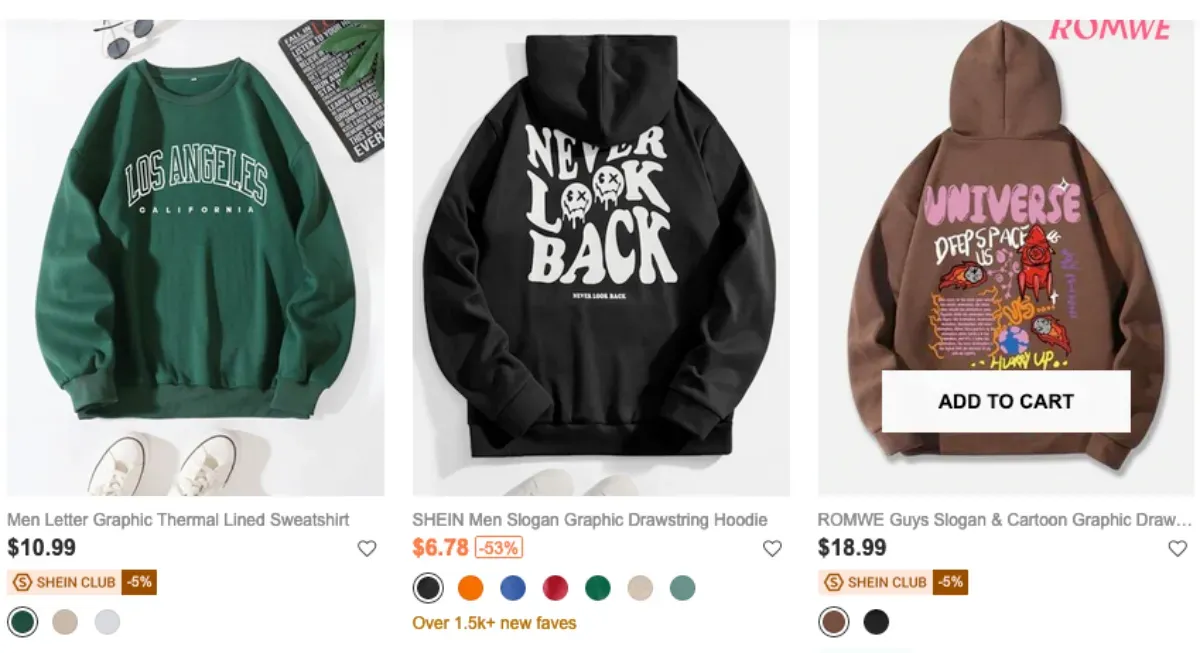Shein Launches Its Low-Cost Marketplace in the U.S.
A cheap shopping site or a Communist plot to overthrow the West?

You've probably never heard of Shein – pronounced “she-in”. After all, it's only one of the largest fashion retailers in the world. But until now, it has been relatively invisible in the U.S. That all changed a few days ago when it officially launched its U.S. marketplace.
Shein started out as a low-cost online fashion retailer in China and quickly rocketed into the top ranks of cyberstores with a line-up of cheap but stylish fashions and a strong social media presence.
It has since expanded into an eBay/Amazon-style marketplace – selling not only its own goods but also opening its platform to outside sellers and expanding from women's fashion into a wide variety of consumer products, including household goods, many at greatly reduced prices.
Shein's growth in North America was relatively slow because of lengthy shipping times. Although its prices on many products are highly competitive with Amazon and other e-tailers, most items were shipped from China, sometimes taking a week or so to show up here.
Faster shipping
That's now changed, with the company opening shipping centers in Indiana and Los Angeles that will be aiming for much faster shipping, though perhaps not matching Amazon's two-day delivery. Free shipping to U.S. customers is offered on sales over $29.
Customers who sign up for the Shein Club aren't exactly showered with benefits but neither are they charged a $139 annual fee, as is the case with Amazon's Prime.
Shein has already attracted some of Amazon's biggest sellers, including Chinese electronics maker Anker, one of the most successful brands on Amazon. Research site Marketplace Pulse says many Anker products are cheaper on Shein than on Amazon.
The Wall Street Journal estimates that Shein's sales hit $30 billion in 2022 and it is projecting sales of $80 billion by 2025. While not yet as big as Amazon or Walmart, it's at or near Top 10 status among online retailers in the U.S.

Foes abound
Along the way, the company's rapid rise has sparked a spate of lawsuits alleging design theft. Although possibly worrisome to investors, there's no sign the litigation has slowed sales or that it materially affects Shein's longterm prospects.
Shein has also picked quite a few sworn enemies, including a group calling itself Shut Down Shein. The Shein haters call it the “biggest national threat you’ve never heard of,” replete with “dangerous and reprehensible behavior” such as using forced Uyghur labor and exploiting U.S. customs laws to circumvent billions in tariffs.
"TikTok and Shein, controlled by the Chinese Communist Party, are trying to capture an entire generation of American youth," the group alleges.

